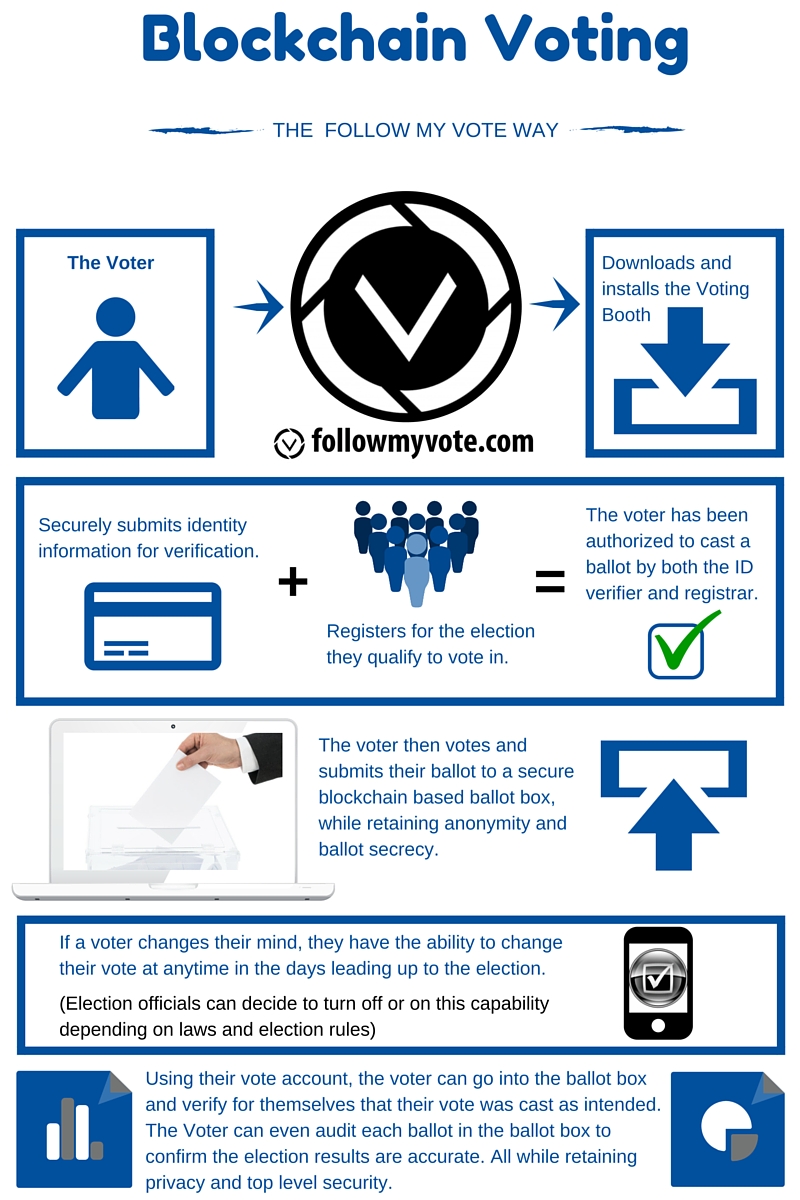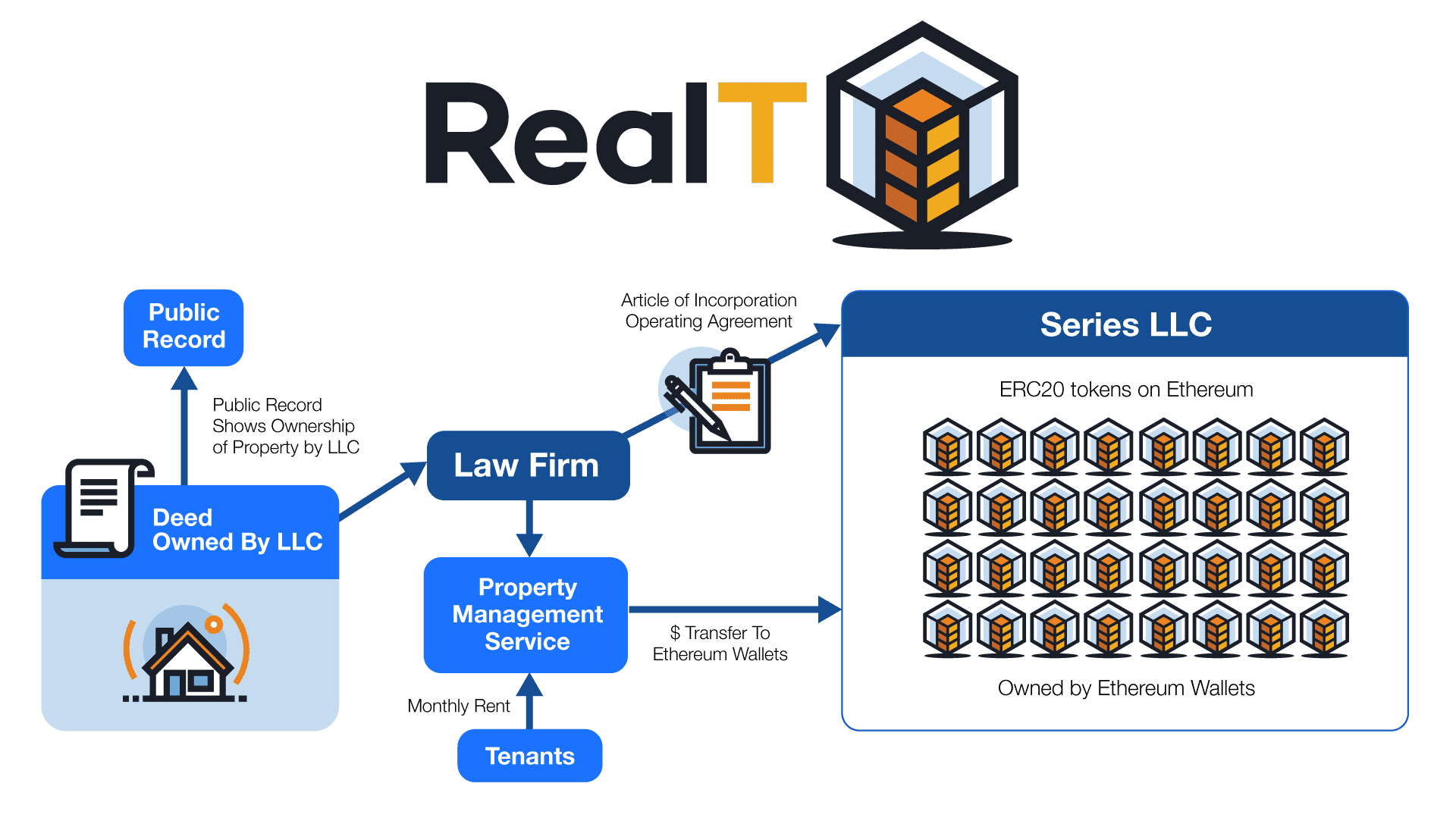
Advancing Electoral Integrity with Secure Blockchain Voting
Blockchain technology is increasingly being explored as a solution to enhance the security and transparency of voting systems. This article delves into the concept of secure blockchain voting, examining its potential to revolutionize the democratic process and ensure the integrity of elections.
The Need for Secure Voting Systems
The traditional voting systems employed globally face various challenges, including concerns about voter fraud, manipulation, and the trustworthiness of election results. Secure blockchain voting emerges as a promising alternative, addressing these concerns by leveraging the decentralized and tamper-resistant nature of blockchain technology.
How Blockchain Secures the Voting Process
Blockchain’s key features, decentralization, and immutability, contribute to securing the voting process. Each vote is recorded in a transparent and unchangeable manner across a distributed network of nodes. This ensures that once a vote is cast, it cannot be altered or tampered with, providing a verifiable and trustworthy record of the election.
Enhancing Transparency through Smart Contracts
Smart contracts, self-executing contracts with coded terms, play a crucial role in blockchain voting. They automate and enforce the rules of the voting process, ensuring transparency and eliminating the need for intermediaries. This automation reduces the risk of human error and manipulation, further strengthening the integrity of the electoral system.
Mitigating Voter Fraud and Manipulation
Secure blockchain voting mitigates the risk of voter fraud and manipulation. The cryptographic techniques employed in blockchain technology ensure the authenticity of each vote. Additionally, the decentralized nature of the blockchain makes it highly resistant to coordinated attacks, safeguarding the election from external interference.
Accessibility and Inclusivity in Voting
Blockchain voting has the potential to enhance accessibility and inclusivity in the electoral process. Through secure digital identities on the blockchain, voters can participate from anywhere, reducing barriers such as physical location constraints. This inclusivity fosters greater civic engagement and a more representative democratic system.
Immutable Audit Trails for Election Verification
Blockchain’s immutable audit trails provide a transparent record of the entire election process. Every action, from voter registration to the tallying of votes, is permanently recorded. This not only facilitates easy verification of election results but also enables independent audits, instilling confidence in the electoral outcome.
Interoperability and Integration with Existing Systems
Blockchain voting systems are designed to be interoperable and can integrate with existing electoral infrastructure. This ensures a smooth transition to blockchain-based solutions without the need for a complete overhaul of established systems. The adaptability of blockchain technology makes it a feasible and scalable option for election authorities.
Challenges and Security Considerations
While the potential benefits are significant, the implementation of secure blockchain voting is not without challenges. Issues such as ensuring voter privacy, addressing scalability concerns, and educating the public about this innovative voting method require careful consideration. Security measures must be robust to maintain public trust in the electoral process.
Pilots and Success Stories
Several pilot projects and successful implementations of blockchain voting have been conducted worldwide. These initiatives showcase the feasibility and effectiveness of secure blockchain voting in real-world elections. As more success stories emerge, confidence in blockchain-based electoral systems continues to grow.
The Future of Democracy: Blockchain Voting
Secure blockchain voting holds immense promise for the future of democracy. As technology advances and public awareness grows, the adoption of blockchain in electoral processes is likely to increase. Blockchain’s ability to enhance security, transparency, and inclusivity positions it as a transformative force in shaping the democratic landscape.
To learn more about the potential of secure blockchain voting, visit www.itcertswin.com. Explore the innovations driving electoral integrity in the digital age.



